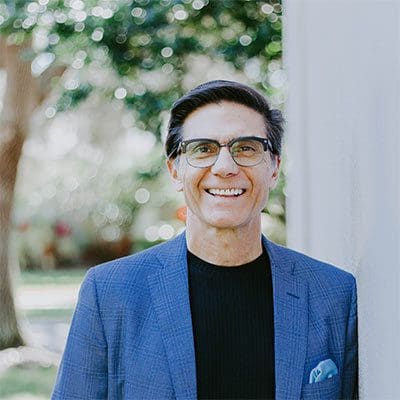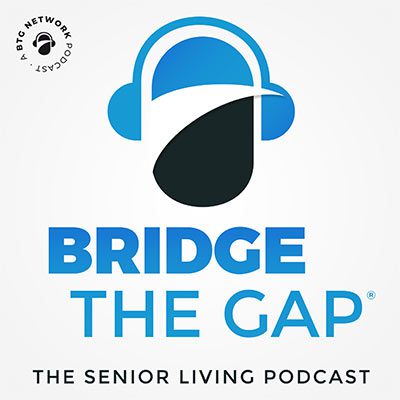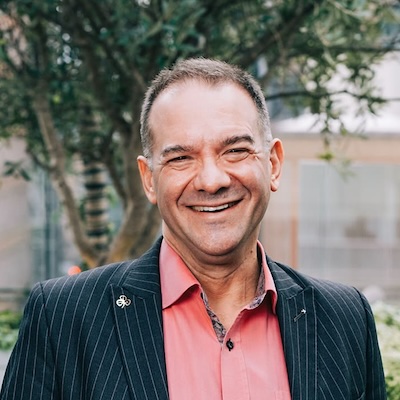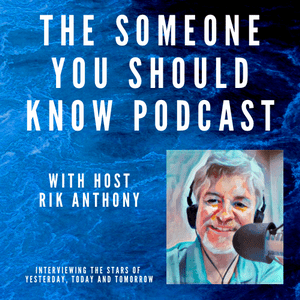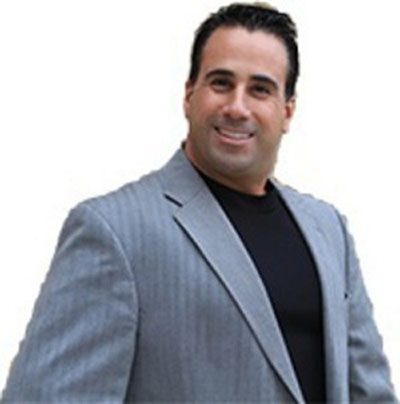How To Find Your Purpose In retirement
Failing to consider our purpose in life isn’t a new problem. When I was young, I never took the time to consider my future. I knew people who did plan, found purpose, and lived their plan. I now realize that thinking about the future when I was younger would have been a good idea. However, I plodded through life, became successful and only started thinking about purpose and the future when I retired. When I retired, I looked around and saw that many people who retired did not live long. I soon realized that was because they did not have a purpose. Once I started thinking about finding a purpose it took me seven years to find one. There are many articles and much advice around on how to find your purpose in life. Here is some more advice, and if you are searching, then some of it may be repetitive. However, I learned, while searching, that repetition is not a bad thing.
By the time you have retired, you know most of your natural talents, plus what interests you like and dislike. The experts I have read or talked to say that you should start thinking about Retirement five years before you actually retire.
Retirement is stressful and a big decision. So, it is very important that you don’t make other big decisions close to the day you actually retire. Planning everything for retirement may not always work, as you may not think rationally in the months leading up to it. So, don’t make choices while worried or distracted and start planning, if you can, at least five years before you retire.
Retirement used to be a short-term event. People worked, retired and within a few years died. Now people, live in retirement, for at least Ten or twenty years. Do you want those years to be years where you just flounder around, or do you want to continue to make a difference to those you care about? Think about this, and although doing this Exercise may not provide you with such a decisive result, it’s a good start.
The people who know may provide insight into your life. Observing and knowing you, they see what makes you happy. Asking them isn’t a bad idea. When you’re searching for a purpose, talking to friends may offer you some Clarity.
Are your chosen path and goals good for your health, family, and friendships? Considering life helps you to keep from falling into the trap of overvaluing one factor.
Give yourself some advice. What would you say? This exercise is helpful in promoting an objective thought process that minimizes emotional thinking. A variation on this would be to imagine that you have been asked for advice. How would you advise them? What sorts of factors would you remind them are important when making big, life-altering decisions?
Are you happy with the way you have lived your life? If not, what can you change? If you die tomorrow and had to give advice to others, what would that advice be? Think about death, it will help bring life into focus. We might not all be famous, but each of us has a life set before us, a purpose for which we are made, and once we find it, nothing could make us happier.
As Hyrum Smith says in his book, Purposeful Retirement, that’s a question all of us need to answer as we move into the third stage of our lives. You might retire from a job, but you never retire from making contributions. What contribution to you want to continue to make?
Originally Published on https://boomersnotsenior.blogspot.com/










